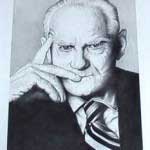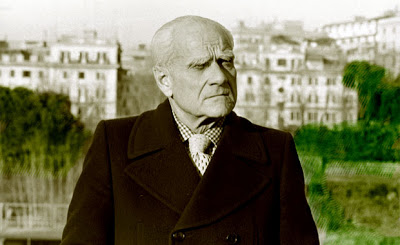
By Gaither Stewart
No more than you can choose the age in which you live, can you live without the age in which you are born; we are all children of our times … and to some degree consonant. The laws of the age of science and technology demand agreement if not homogeneity as a condition of existence: to work and exist means to collaborate within a system in which the actions of each are prescribed. Action is homogeneous when it conforms to the requirements of the system.
Nonetheless, the goals of the apparatus are not those of the individual. Personal conscience is easily reduced to conscientiousness in the execution of one’s duties from which is born the concept of conformist conscience. The result is the hegemony of “behavioral psychology of adaptation”—to be increasingly less oneself and more like everyone else. Technological society works against individuality—and for homogeneity. (The above is an adaptation from readings in Lionel Trilling’s Sincerity and Authenticity.)
Being different is not only non-remunerative but also arouses suspicion. The paradox is that authenticity—being oneself or knowing oneself, which wise men have long prescribed—in the conformist society becomes pathological behavior, as if being oneself were a disease. Continue reading »

